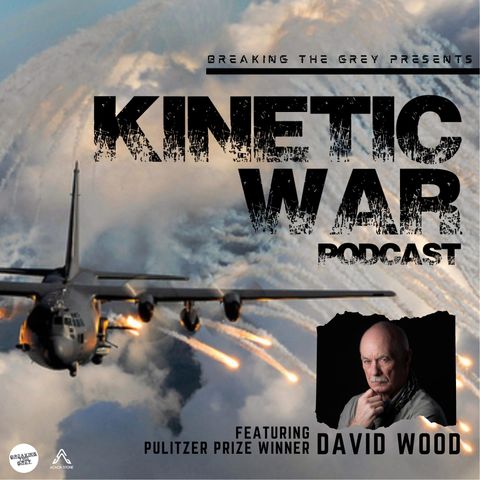
Contacts
Info
The Kinetic War Podcast aims to answer one very urgent question, why doesn’t American win its wars and what happened in Afghanistan? With the largest, most powerful military in the...
show more
The Kinetic War Podcast aims to answer one very urgent question, why doesn’t American win its wars and what happened in Afghanistan? With the largest, most powerful military in the...
show moreInformation
| Author | Breaking The Grey |
| Organization | Breaking The Grey |
| Categories | News , News Commentary , History |
| Website | www.spreaker.com |
| russ@acaciastone.com |
Copyright 2024 - Spreaker Inc. an iHeartMedia Company
